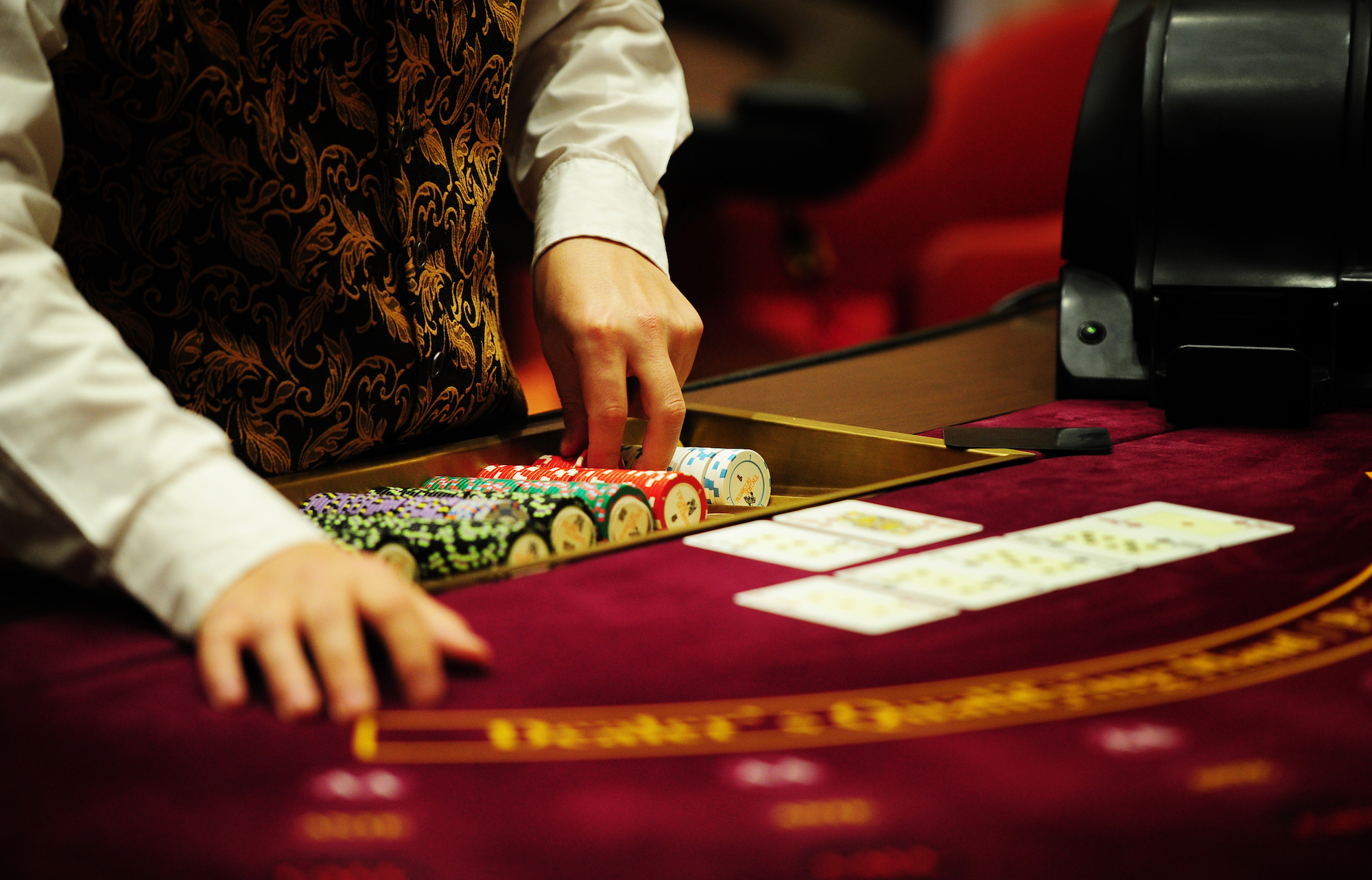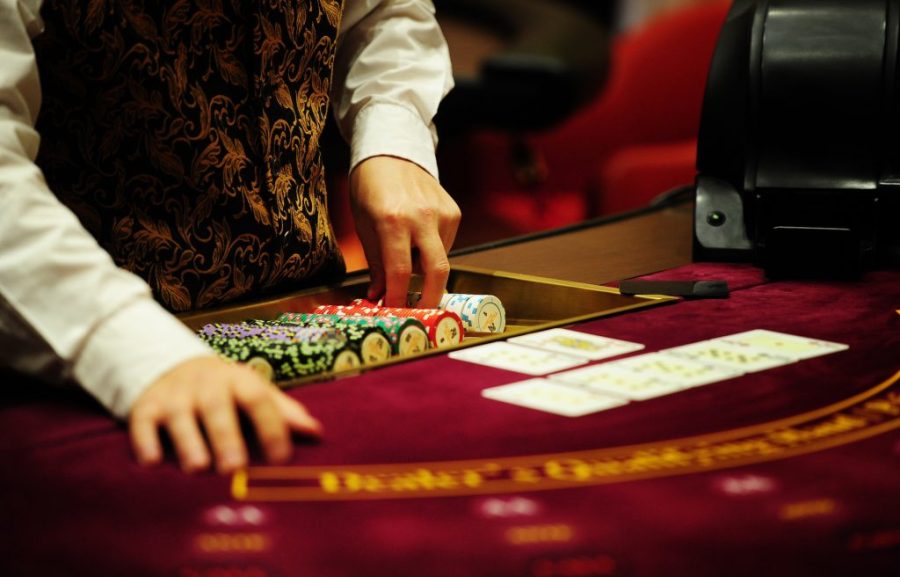Non-residents will be allowed to work as collaborators for the city’s junkets under the terms of a new bill currently being reviewed by the Legislative Assembly’s 2nd Standing Committee, which is chaired by Andrew Chan Chak Mo.
Chan said that the committee had not yet received the revised gaming bill from the government, which, he underlined, was needed as a reference for the committee to review the junket bill.
Both bills are separate but interconnected pieces of legislation proposed by the government, which earlier this year submitted the gaming bill to the legislature for debate and vote before the junket bill.
Speaking after yesterday’s closed-door meeting reviewing the government-initiated junket bill, Chan said that the three-hour meeting “went smoothly”, adding that the committee expected to have two more meetings to review the junket bill before submitting a list of questions to the government.
According to Chan, the junket bill proposes that the “collaborators”, also known as junket operators’ sub-agents, can be Macao non-residents, as long as their work in the city complies with the Macao Labour Law and the conditions for their legal stay in Macao.
Chan pointed out that the work of a junket collaborator is a freelance job, meaning that one collaborator could work for more than one junket operator, and that it will be up to the collaborators to declare their work as freelancers for tax purposes.
Chan said that the collaborators would have to sign a contract with the junket operator or operators which would then be submitted to the city’s future gaming concessionaires for them to allow the collaborators to work in their casinos. In this way, Chan said he believed that the government would be able to obtain the collaborators’ required tax return information.
The bill also states that junket operators’ collaborators are not allowed to carry out lending activities on behalf of anyone. Chan said that as proposed by the junket bill, all lending is prohibited except by the future gaming concessionaires and junket operators.
According to the bill, the Gaming Inspection and Coordination Bureau will set the maximum number of junket operators’ collaborators for the following 12 months by 31 October each year and the maximum number of junket operators for each gaming concessionaire by 30 November each year. Chan quoted some committee members’ concerns about how the number of junket operators would be determined by the bureau, The Macau Post Daily reported.






